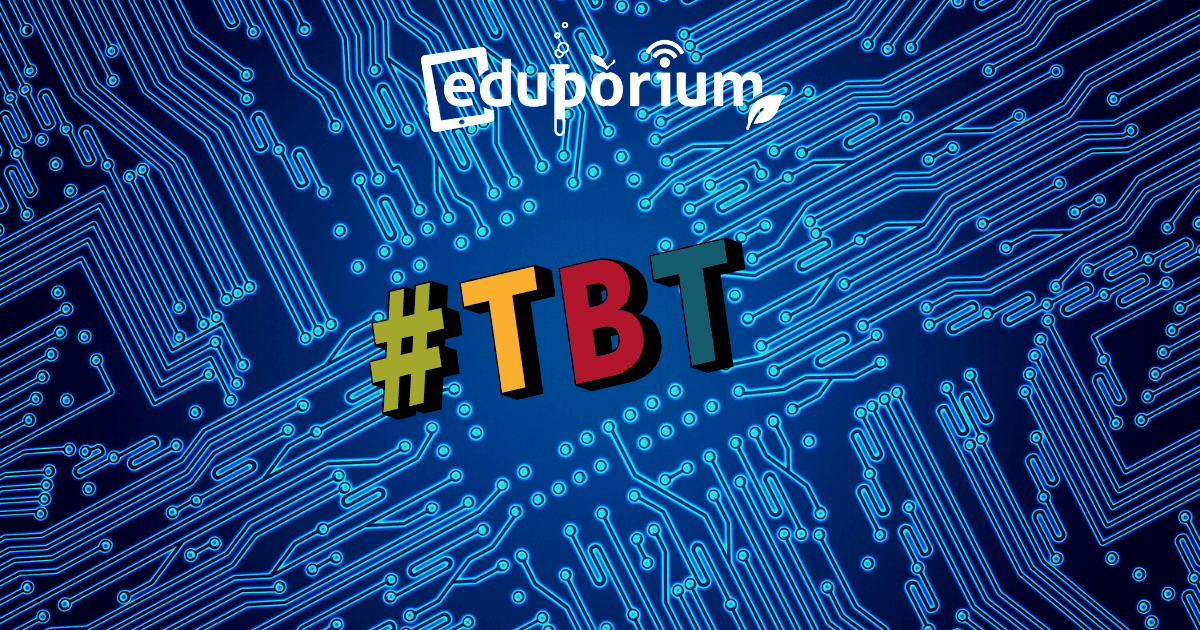We’re going to jump into the Throwback Thursday game. Why? First, because it’s fun and, second, because the past has so much greatness to show the future. How do you think we got the greatness in the first place? So without further ado, Moore’s Law. This is not a law of physics nor of nature but an observation about the rate of advancement in computing. From Wikipedia:Moore's law is the observation that, over the history of computing hardware, the number of transistors on integrated circuits doubles approximately every two years—this roughly translates into the speed of computing doubling every two years.
Where did this observation come from? From Gordon E. Moore, a founder of Intel Corporation. Why is it so cool? It’s an observation that has held mostly true for 49 years—not bad! But even better, if past performance is any indication it’s a simple way to look into the future. Ready for time travel? THE PAST: Here is a picture of the Cray 2: a supercomputer built in 1985 that has the power of a modern cell phone.

THE FUTURE: Well, here we go: 2034 (20 years from now), what does it look like? Just how fast will the computers be? If .... X = Speed of Computer in 2014 and .... Moore's Law tells us that the speed of computing doubles every two years, then X*2^10 = The speed of computing in 2034 Translation: Computing will be 1024 times as fast! Hmmm, so come 2034, my cell phone will have the power of 1000 of today's cell phones: nice. Time to start looking at supercomputing applications for my pocket. Maybe that’s not what I want. Maybe I’m content with what my cell phone does for me. Fine—just make it 1,000 times smaller: nice. Online it says my Nokia Lumia 925 is 139 grams in weight. Great! Make my 2034 phone 1000 time smaller. Well unfortunately, Moore’s Law doesn’t apply to batteries, radios, human interfaces (screens, buttons and so on) but cell phones are so 2014 anyway. Just mount it in my brain then hopefully I won’t lose it. Happy Throwback Thursday from Eduporium.



